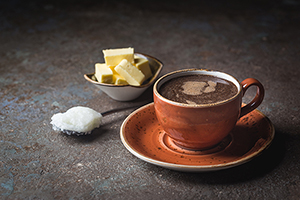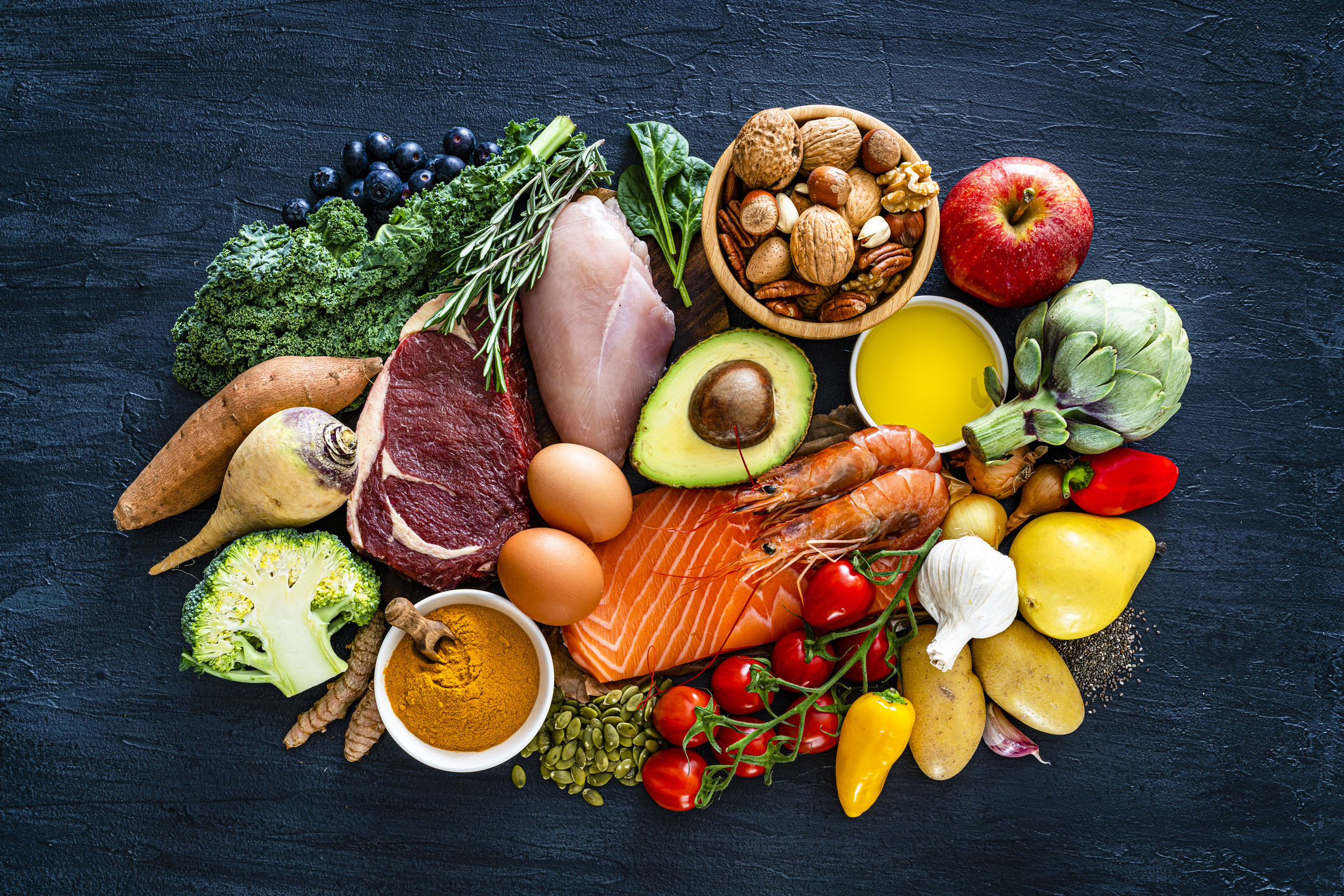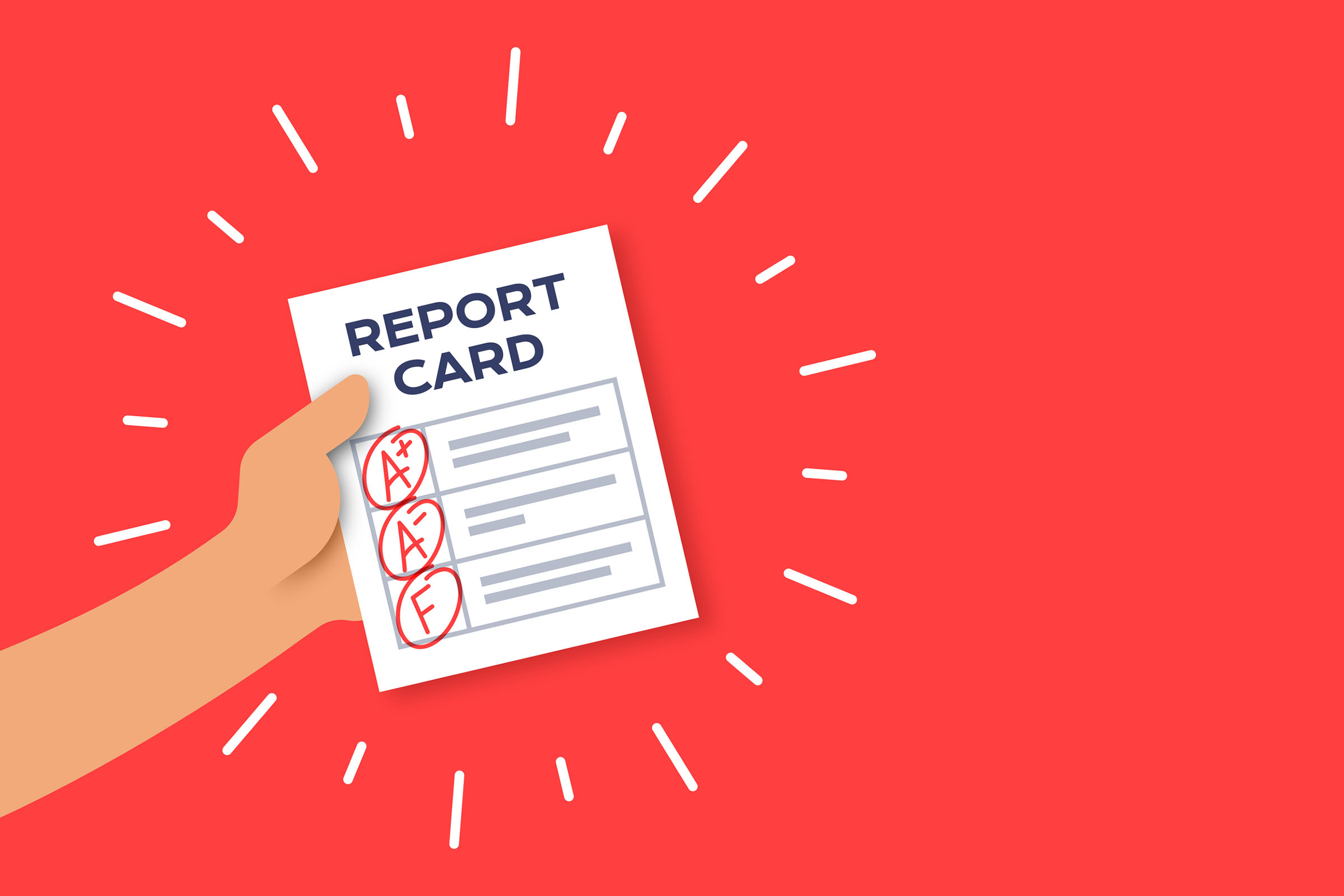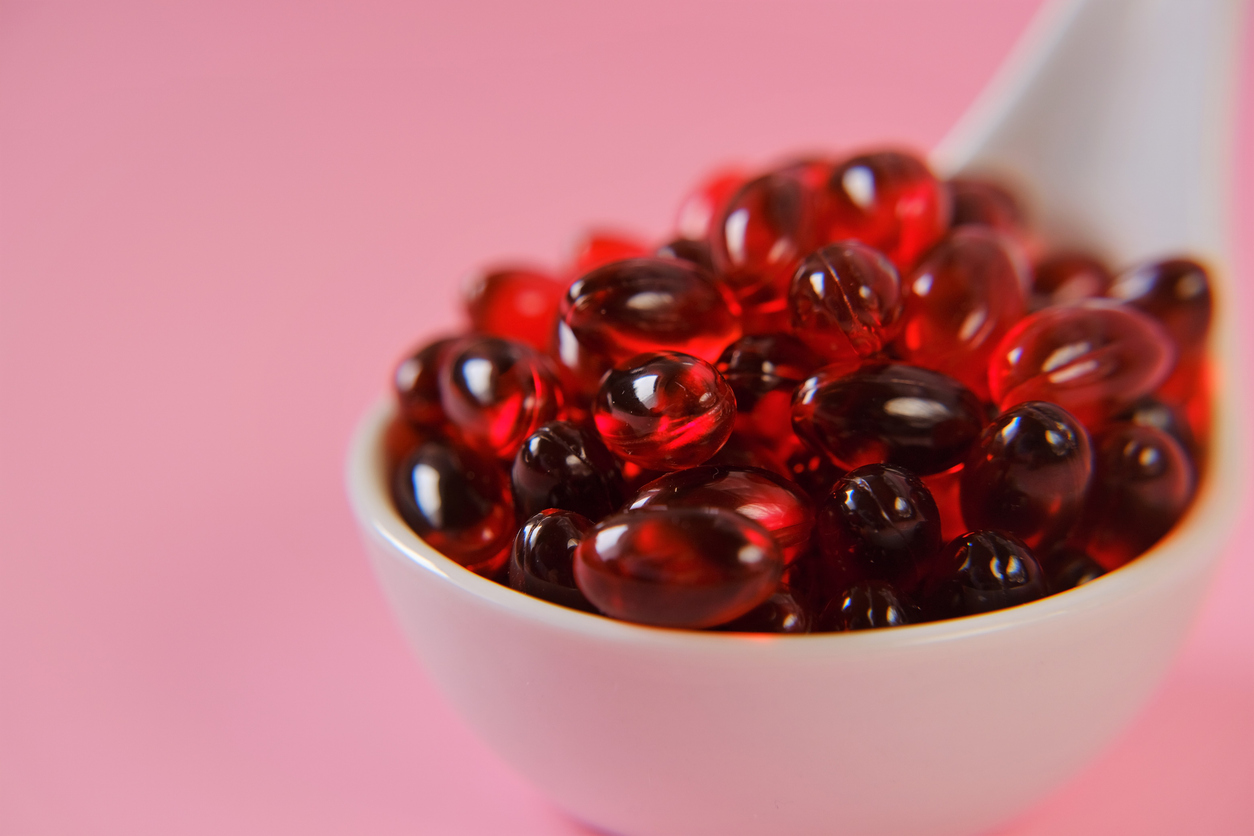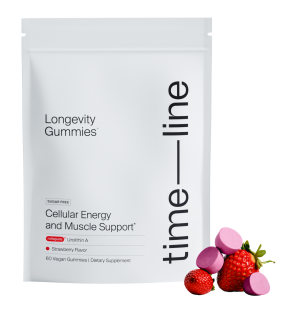Q: I’ve read about the health benefits of intermittent fasting and want to incorporate it into my routine.
But does fasting mean I’ll need to give up my morning coffee? And can intermittent fasting slow my metabolism over time?
A: When it comes to your morning coffee, it depends. Do you drink it black? Then you can have it. If you’re adding a tablespoon of coconut oil and/or pastured butter or ghee to your coffee—making it “bulletproof”, you can have it. Are you adding milk and sugar? Then skip it.
Having either black or bulletproof coffee effectively keeps your metabolism in fat-burning mode—continuing that beneficial metabolism from the overnight fast. However, once we eat breakfast, we’re ‘breaking the fast’ from our slumber, so to speak.
Intermittent fasting has many benefits including blood sugar and insulin normalization, weight regulation and maintenance, and enhancing the body’s ability to repair and rejuvenate. A 15-to-16-hour fast is optimal.
While all of us should be fasting a minimum of twelve hours every night to achieve autophagy—which involves the repair and housecleaning of our cells and the repair of DNA—intermittent fasting is not meant to be done every day of the week. Best practice may be two or three consecutive or nonconsecutive days a week. If taken too far, it may, in susceptible individuals, slow metabolism over time.
If you’re someone who is hungry for breakfast soon after rising in the morning, here’s another way to practice IF: skip dinner. Have breakfast as usual, but have lunch later in the day, say, 3PM. Then just skip your evening meal and go to sleep at your regular bedtime. You can have breakfast the next morning any time after 6-7AM, effectively having completed a 15-16 hour fast.
To your health!
Leyla Muedin, MS, RD, CDN
